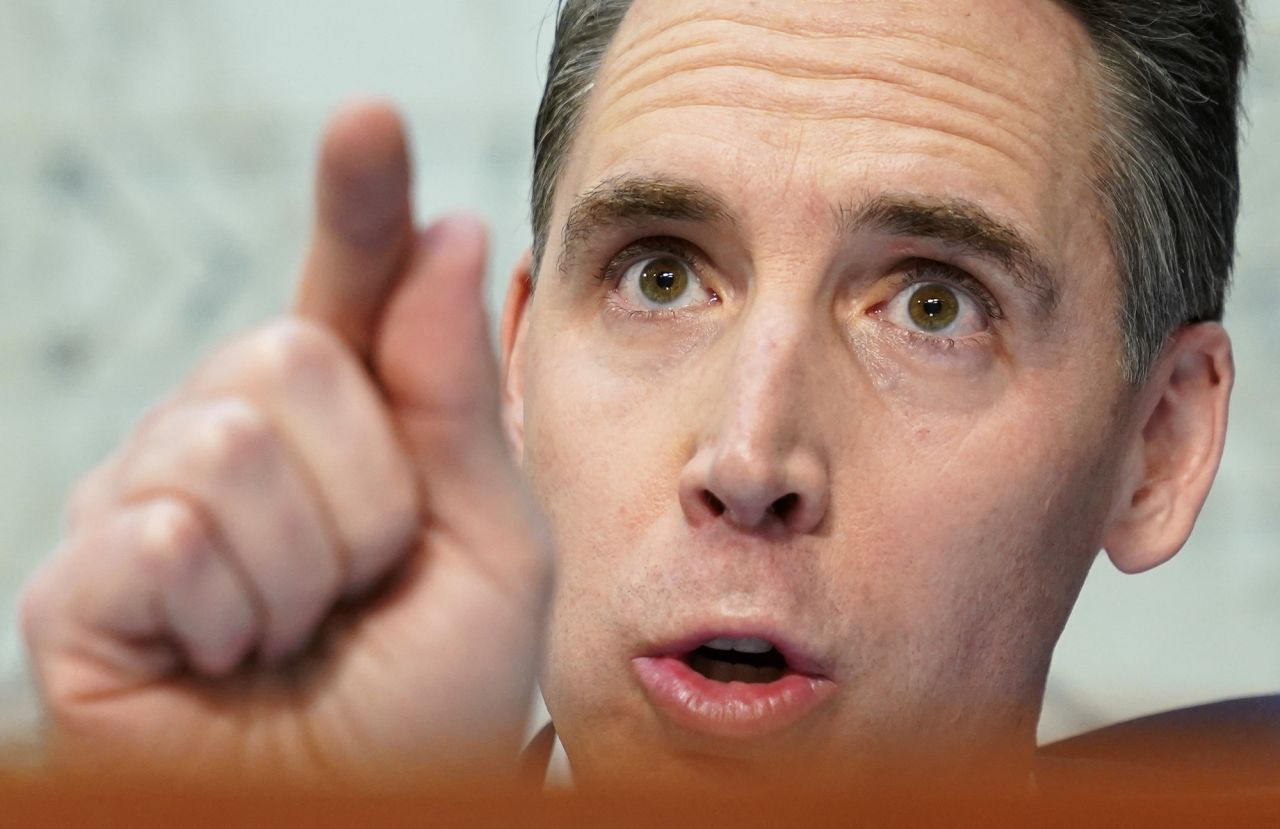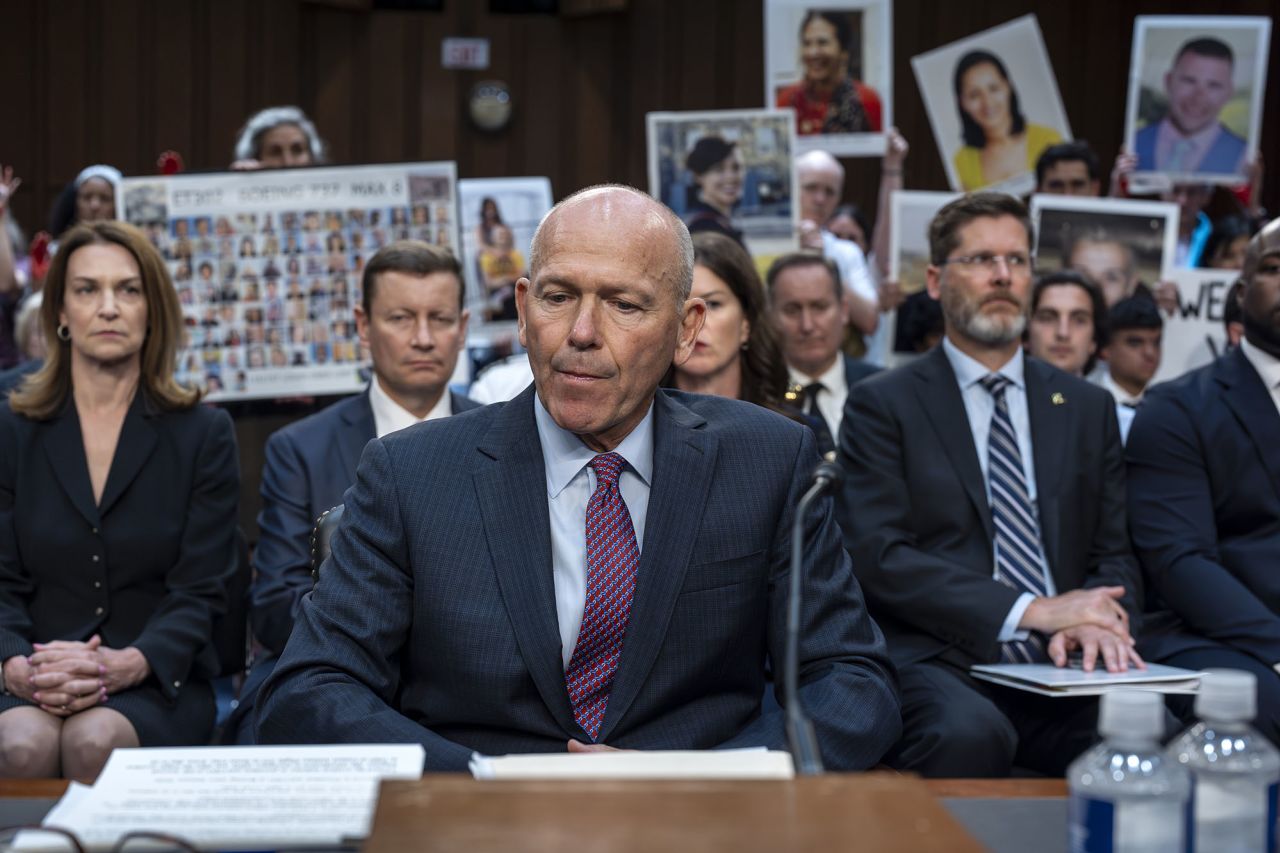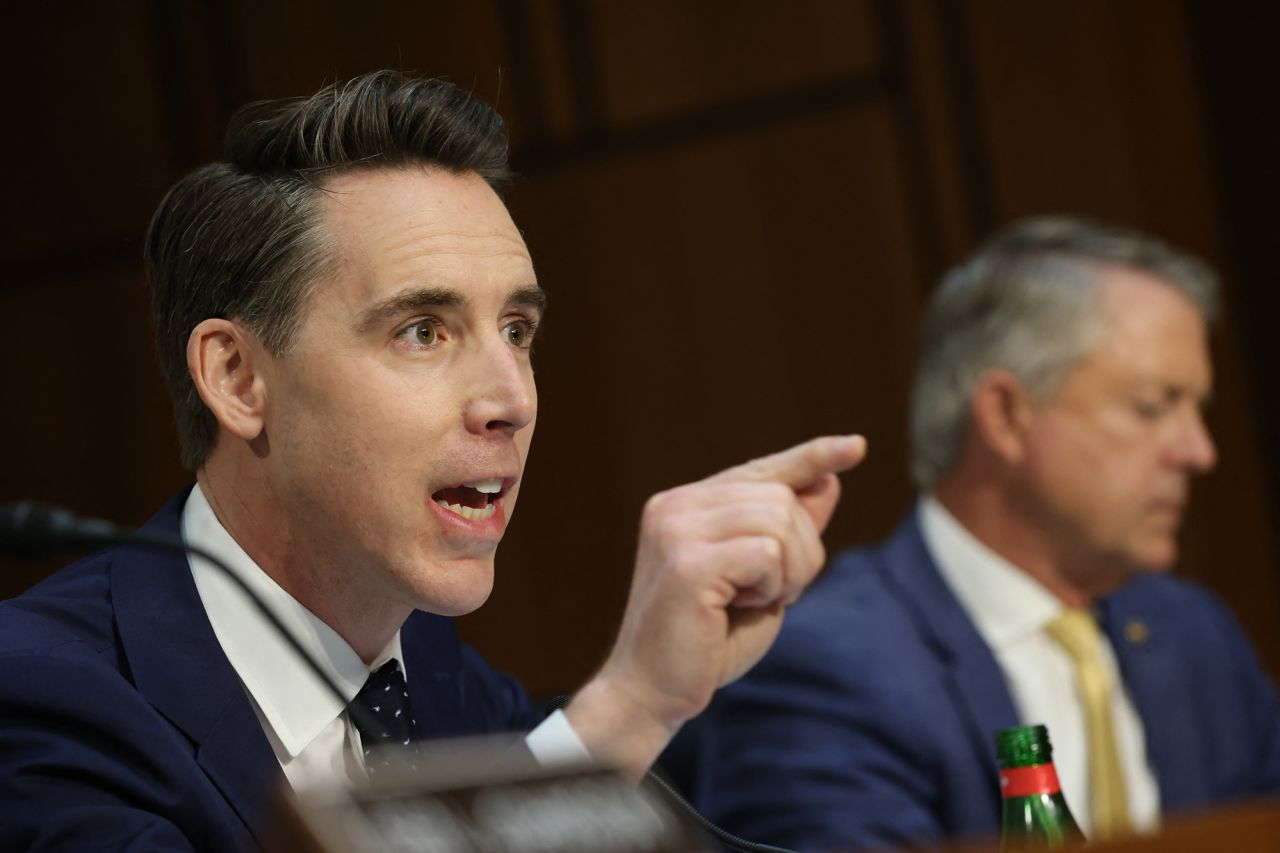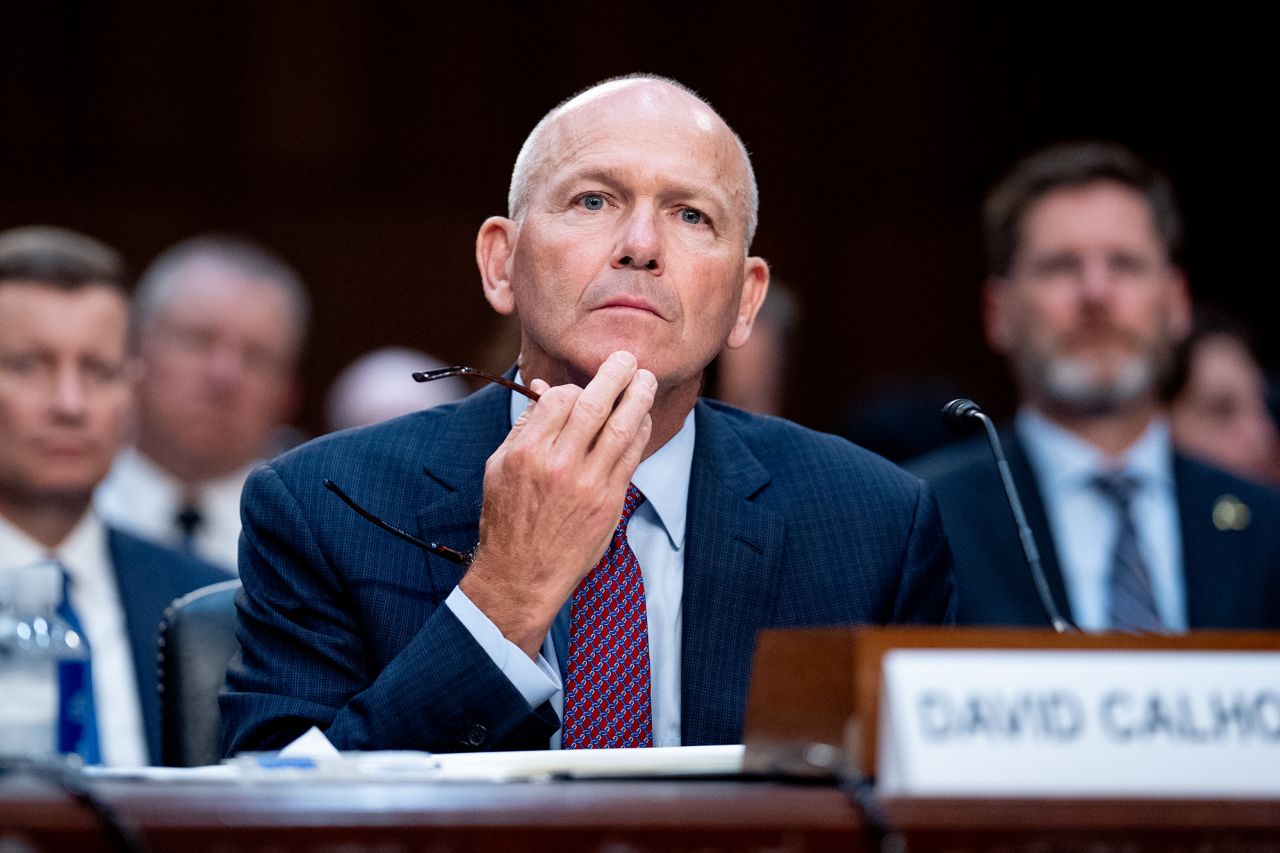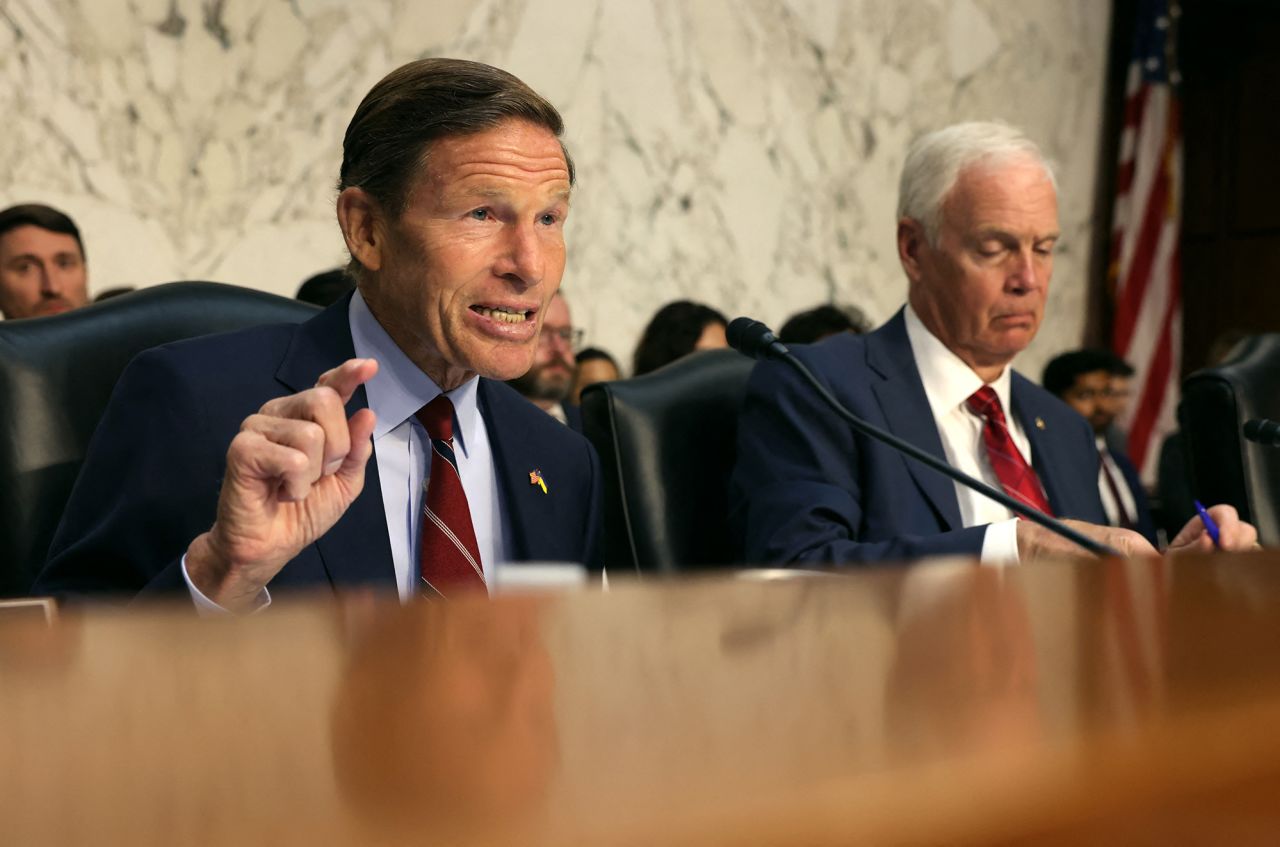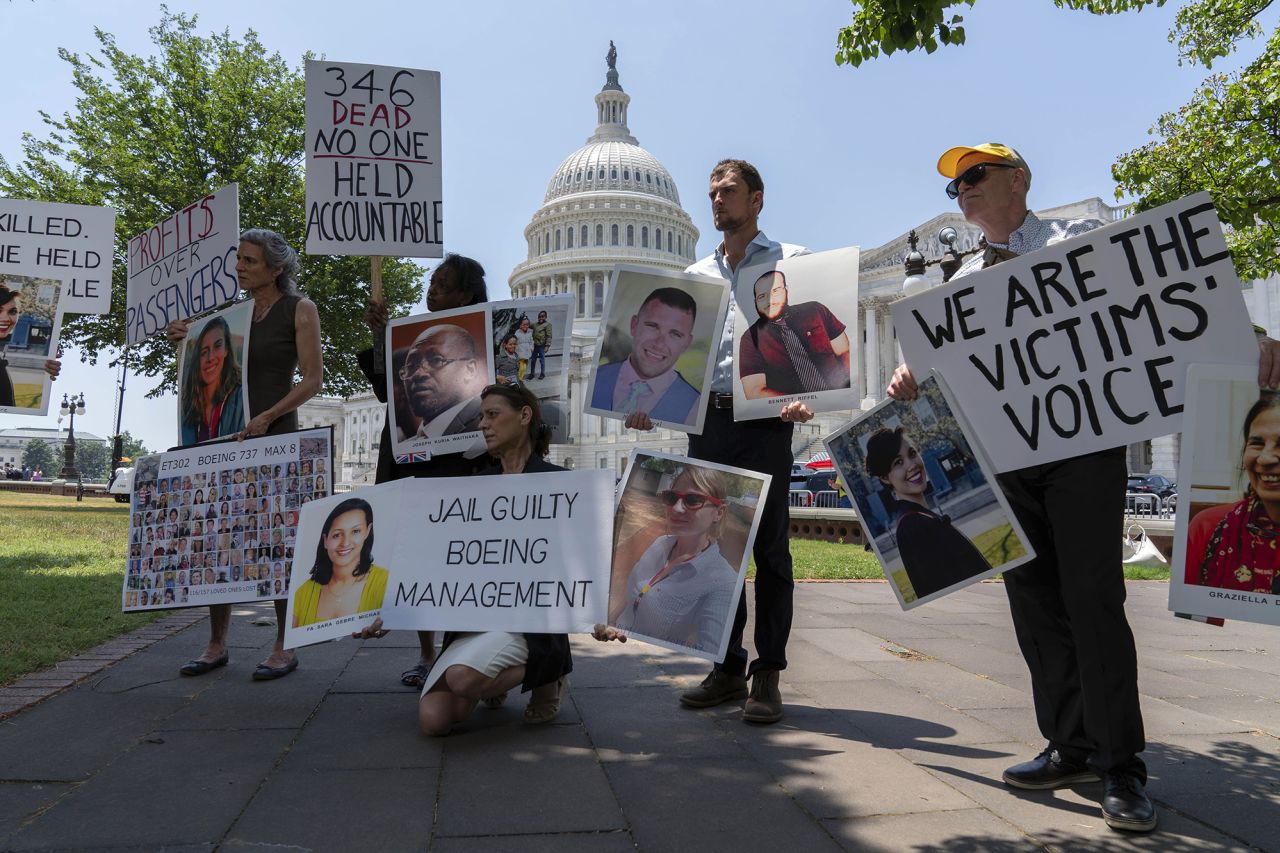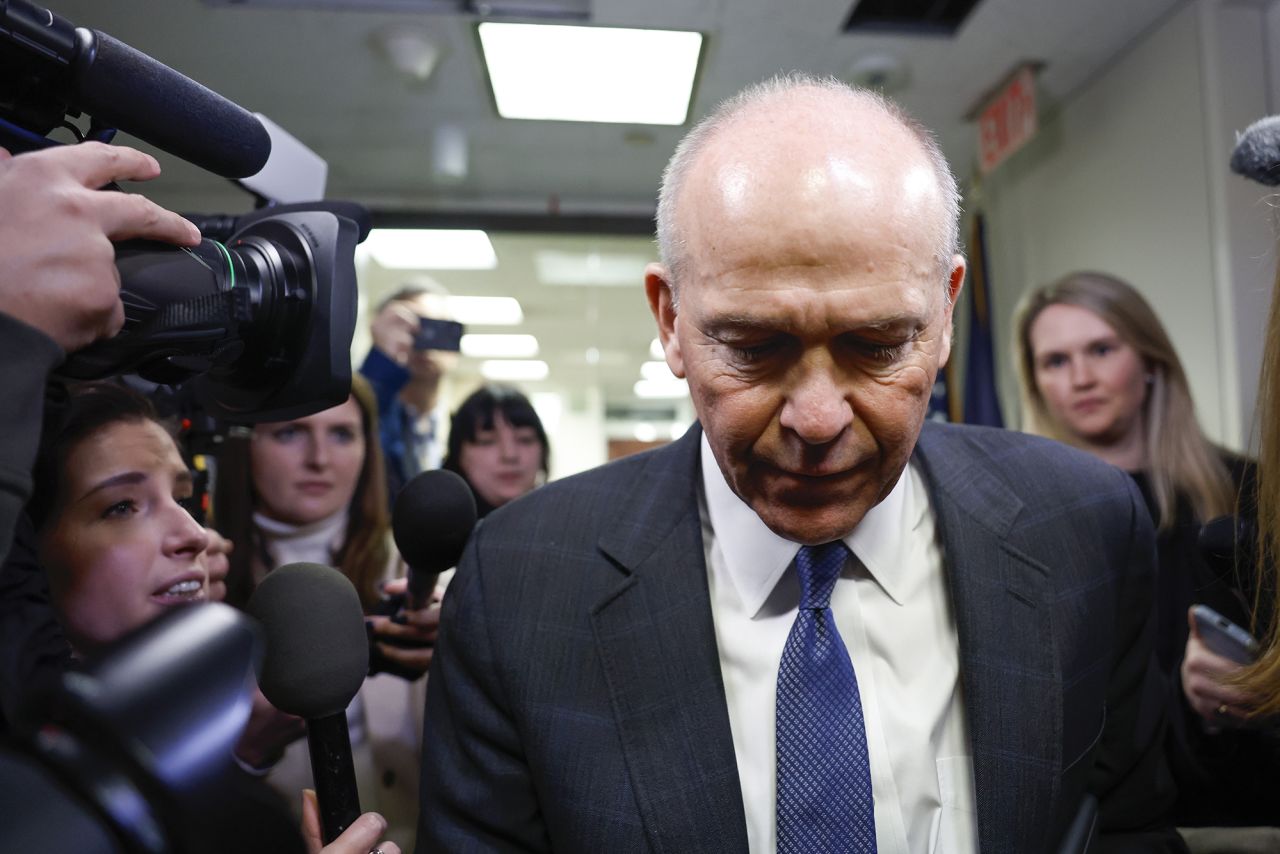Boeing CEO Dave Calhoun has already announced plans to retire by the end of this year. But for Senator Josh Hawley, that’s not soon enough.
In a brutal back and forth during Tuesday’s hearing on Boeing’s broken safety culture, the Missouri Republican questioned Calhoun about how much money he was paid. Calhoun declined to answer directly, responding only “It’s a big number.”
Hawley cited the $32.8 million in salary that was reported by Boeing for his pay in 2023, which was a 45% increase over the previous year.
After Calhoun conceded the company had not seen a profit in his four years as CEO and that its stock price was down over that period, Hawley cited the salary and pay raise again and said, “If anyone has come out of this deal good, it’s you,”
“Why haven’t you resigned?” Hawley followed up.
“Senator, I’m sticking this through. I’m proud of having taken the job. I’m proud of this safety record, and I’m proud of our Boeing people,” Calhoun replied.
“You’re proud of this safety record?” Hawley asked incredulously.
“I’m proud of every action we have taken,” Calhoun replied.
“Every action you’ve taken?” Hawley asked again.
“Yes, sir,” Calhoun said.
“Wow. There’s some news for you,” Hawley concluded.




